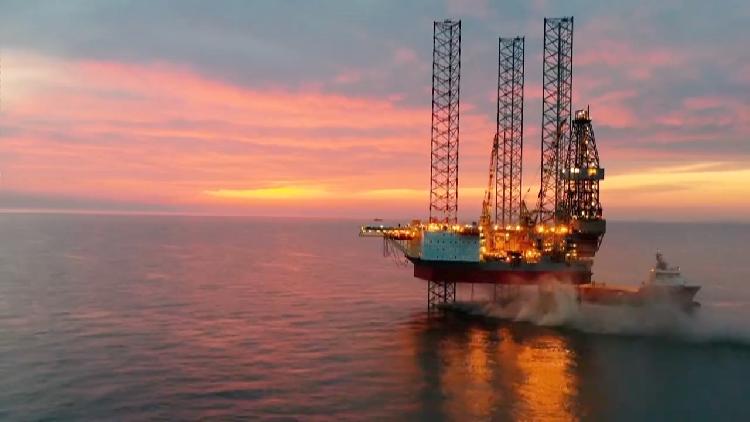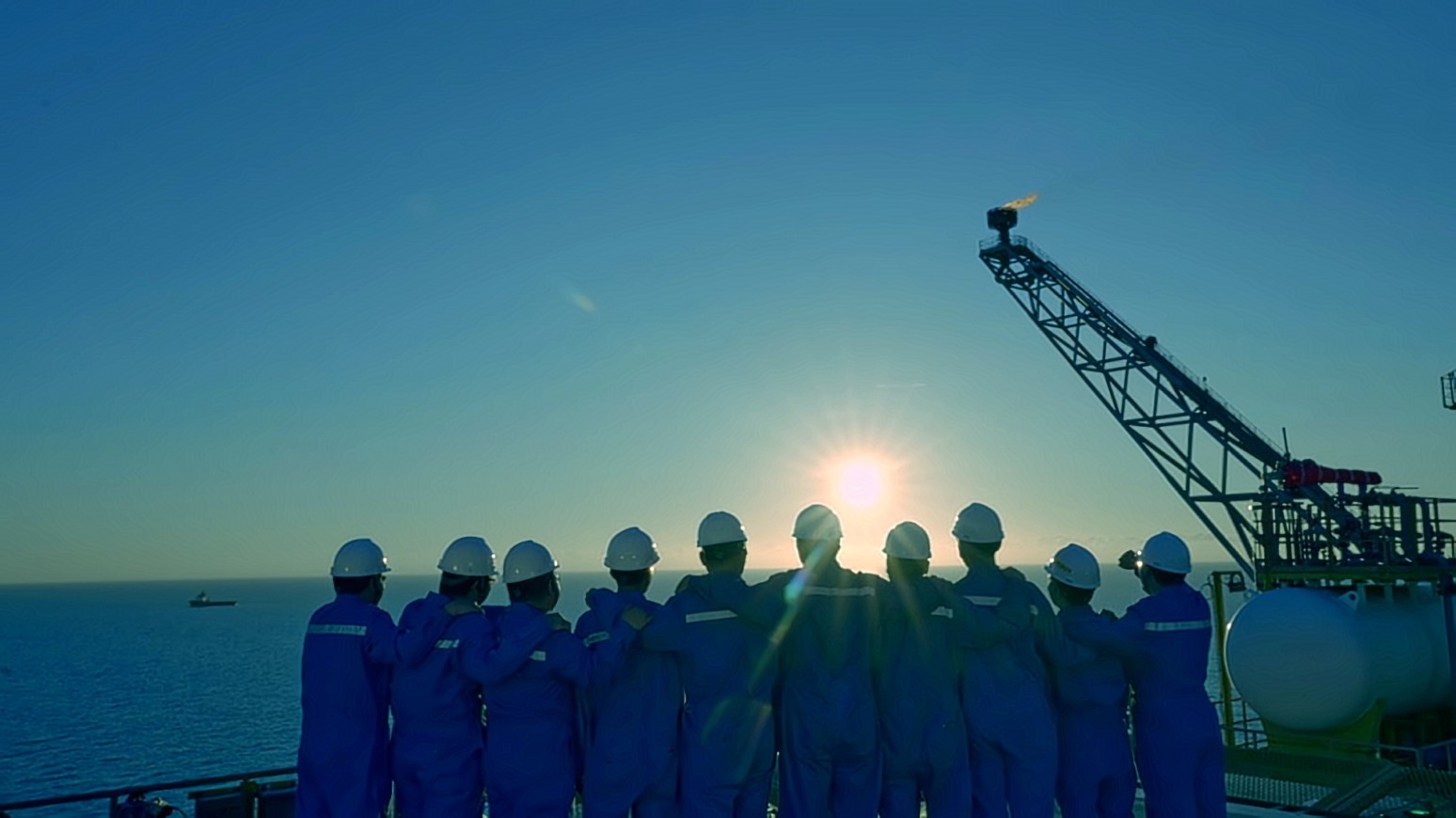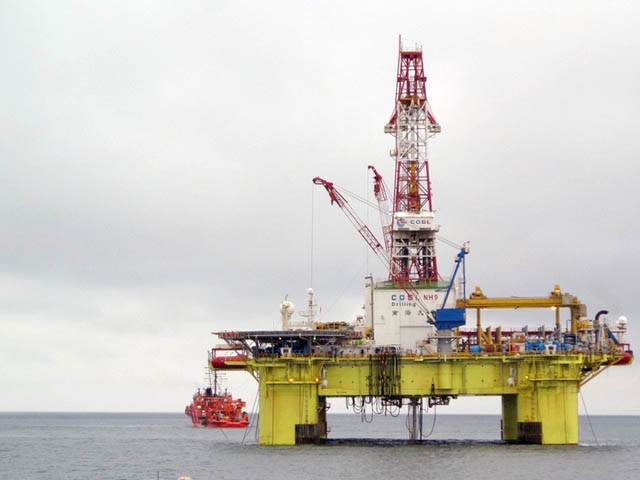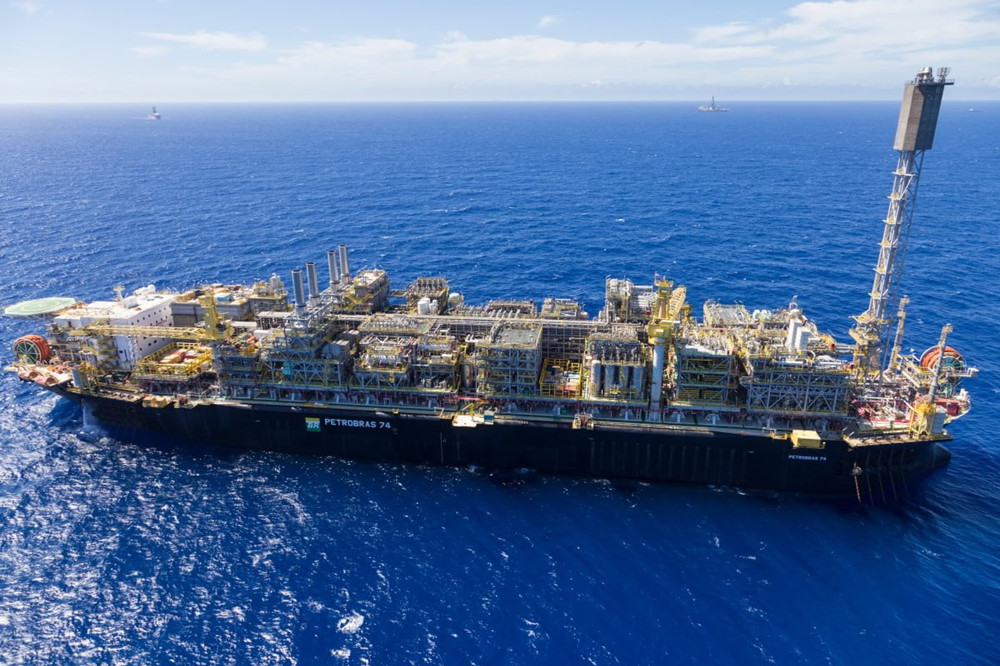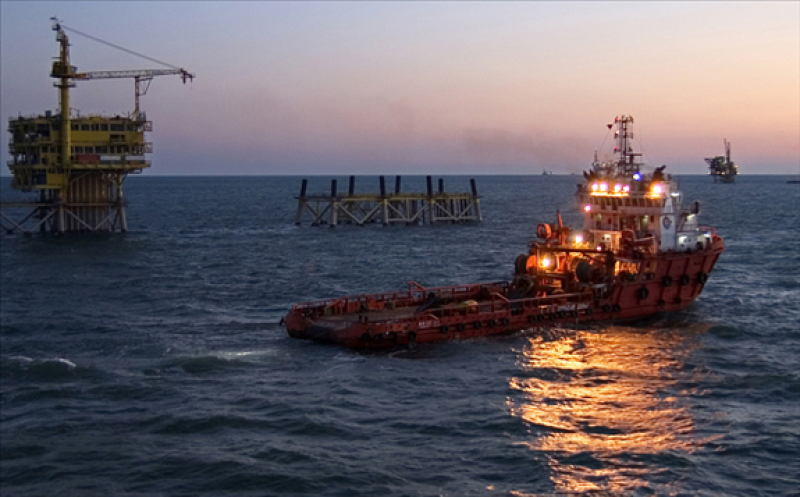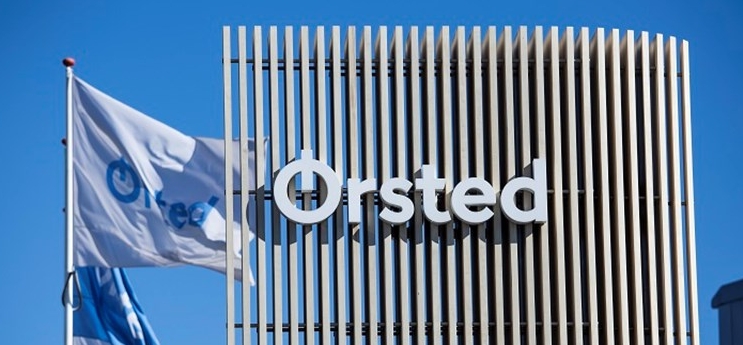
The Danish developer now plans to spend between €28.2bn and €30.8bn (Dkr210-230bn) until 2030, it said.
The previous ambition for installed renewable capacity of 35-38GW this decade and the targeted EBITDA (excluding new partnerships) of around Dkr39-43 billion “have been discontinued”.
Around 9GW of under-construction projects will not be affected but Orsted will deploy a “focused approach” to capital allocation “by prioritising geographies and technologies with the most attractive value-creation potential”.
It will also look for more than the Dkr1bn in savings already planned.
Chief executive Rasmus Errboe said: “We’ll reduce our investment programme towards 2030 through a stricter, more value-focused approach to capital allocation.
“We do this to ensure a stronger balance sheet, supporting a solid investment grade rating, and to ensure that we only invest our capital in the most financially attractive opportunities.
“Our number one priority throughout the next three years will be to deliver on our committed 8.4GW offshore wind construction programme, which will almost double our installed offshore wind capacity.
“The market remains challenging, but delivering on this programme will solidify our position as the undisputed global leader in offshore wind.
“I’d like to emphasise that Ørsted continues to believe in the long-term fundamentals of and value perspectives for offshore wind and renewables more broadly, based on the expected doubling of the global electricity demand by 2050.”
Improving credit metric projections will be achieved through a self-funded business plan, the company said.
This will be achieved by the investment programme reduction, execution of our construction projects according to plan, and delivery of our divestment programme.
The business plan is to be financed through a combination of operating cash flow, partnerships and divestments, tax equity, and debt and hybrid issuances, without any need for raising new equity.
The plan was outlined as the company outlined EBITDA excluding new partnerships and cancellation fees of Dkr24.8bn for 2024, which it said was in line with expectations.
